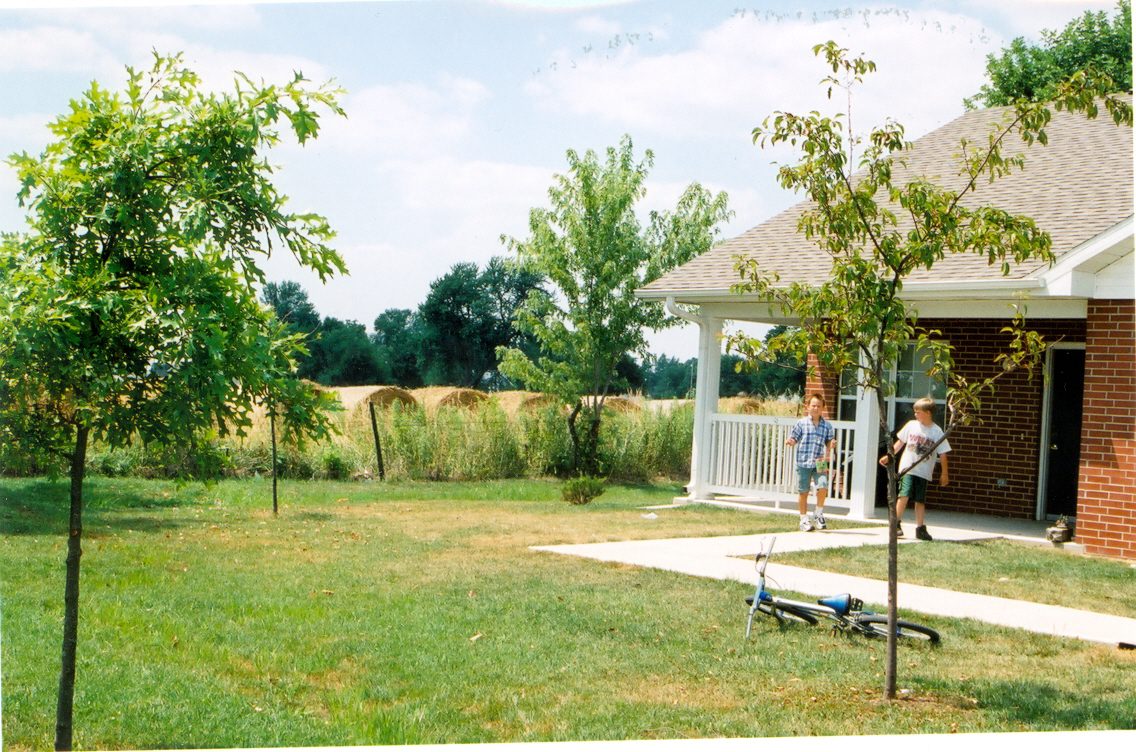Can’t find affordable housing where you live? Just move to wherever the housing is. Rural Americans have long been told to “move to town” to improve their housing situations.
The late Clay Cochran, one of the founders of the modern rural housing movement, called this Metropollyanna: the belief that eventually everyone will move to the city and live happily ever after.
It is not uncommon to hear politicians, pundits, and policymakers question the value of social services and public spending in rural parts of the United States where populations are small and resources are limited. This idea came up a couple of months ago in a LinkedIn discussion about a Rooflines post titled “What Does the Push for Transit Oriented Development Mean for Rural Areas?” One commenter responded: “It means people will have to live in more population-concentrated, urban-proximate areas.”
Needless to say, rural housing supporters disagree.
We believe that social service and safety net programs exist to help people wherever they happen to be. “Life, liberty, and the pursuit of happiness” surely includes the liberty to choose whether to live in a city, a suburb, a small town, a remote mountaintop, or some place between.
Not only does Metropollyanna interfere with the liberty of rural Americans by expecting them to choose between their lifestyle and decent, affordable housing, but it also ignores a number of practical considerations.
For example, many low-income rural residents, like many low-income people everywhere in this country, have jobs. Someone should not have to move away from his or her job, however inadequate the wages might be, in order to have a decent place to live. Furthermore, some low-paying rural jobs, such as the crop picking done by farmworkers, are essential for the rest of the country as well as the local area.
Also, a high proportion of rural residents, even low-income rural residents, own their homes. If an area were considered too sparsely populated or too remote for safety net programs, it probably would not have a viable housing market. Expecting someone to sell a home in such a place, or even to rent it out, would not be realistic.
Even when a home can be sold or rented, moving to a new area can carry a significant emotional cost, especially for a family who is already struggling. Leaving social networks can mean leaving informal bartering of goods and services such as daycare. If a family has deep roots in a place, loss of historical connections can be painful. Changing schools can mean changing cultures and can be difficult, even traumatic, for children.
Removing people from rural communities, including poor ones, would also affect the preservation of the rich cultural, historical, and environmental diversity of rural America. Think of the Mississippi Blues Trail, which runs throughout rural Mississippi and marks important landmarks in the development of blues music. Think of places in the rural west and southwest that gave birth to the farmworkers rights’ movement. Think of Native American lands that hold the histories and cultures of entire nations. It is foolish to abandon places in our country that have been so vital to our shared history and continue to contribute rich diversity to our national identity.
Certainly some people do choose to leave rural areas for education, employment, or excitement. Yet those who continue to make lives in rural America have reasons to do so. It would not be fair to punish them by economic disenfranchisement. And, as Clay Cochran knew, moving to the city cannot guarantee happiness.





Comments